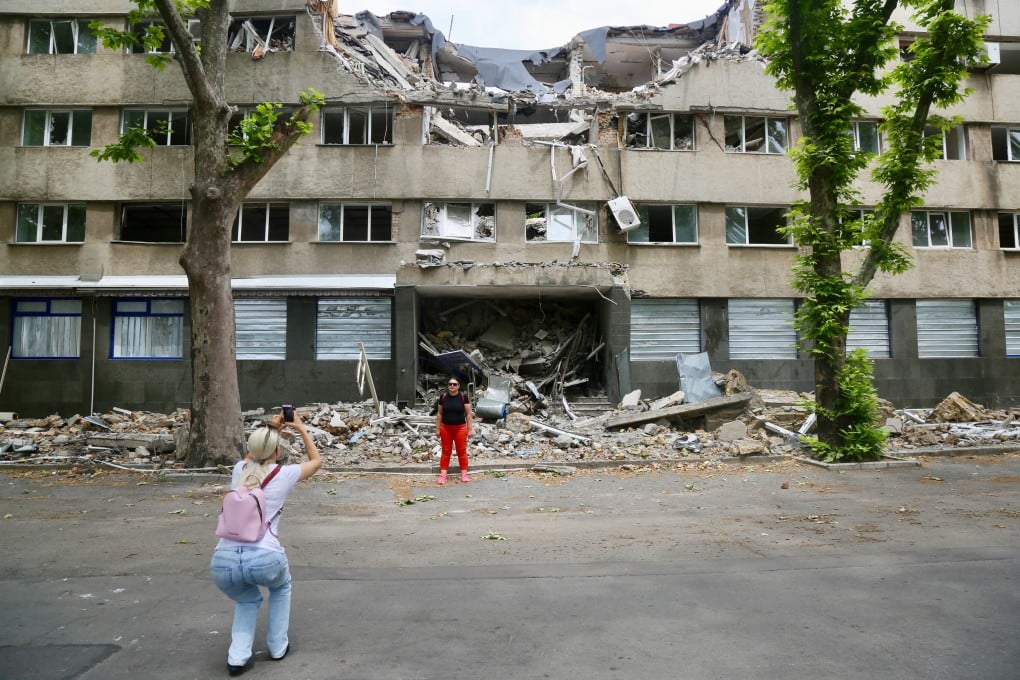What travel in Ukraine is like amid the war – my unusual trip to Odesa
- Starting from the Romanian capital, Bucharest, a travel writer journeys to Odesa, one of the last major Black Sea ports under Ukrainian control
- Angry dogs, an unexpected lunch and regular checks to make sure he wasn’t Russian followed, but perhaps the biggest surprise was Odesa itself

Before Russia invaded on February 24, Ukraine’s train network was the sixth largest rail passenger transporter in the world, with international routes connecting neighbouring countries. Flying into Ukraine was easy and many cruise lines included the city of Odesa, a popular summer tourist destination on the Black Sea, on their Eastern European itineraries.
But in the first three months of the war, Russian forces destroyed 11 airports and 21 railway stations, and captured four ports, according to Ukraine’s Ministry of Infrastructure. This made my latest assignment, to visit Odesa, one of the last major ports under Ukrainian control, rather challenging.
Complicating matters further, seats on the train connecting the eastern Ukrainian city of Lviv and the capital, Kyiv, had been booked out a month in advance. So I plotted an alternative route starting in Bucharest, the capital of Romania, which shares a 600km-long (370-mile) border and five official land or river crossings with Ukraine.
At 6pm, I board a train at North Bucharest railway station for the 225km, four-hour journey to Galati, a city in Romania’s east. The carriage is clean, comfortable and uncrowded.
Galati lies on the west bank of the Danube River and only 5km from the border with Moldova – a small independent state that occupies about half of the territory between Romania and Ukraine – through which I plan to cross the following morning.
For now, I need to find a place to sleep. There are no taxis outside the station so I approach a lady at the ticket office, who does not speak any English but directs me to an office upstairs, where I meet three men in uniform. They are firemen and their job has been to assist some of the more than 800,000 Ukrainian refugees who’ve fled to Romania since the start of the war.